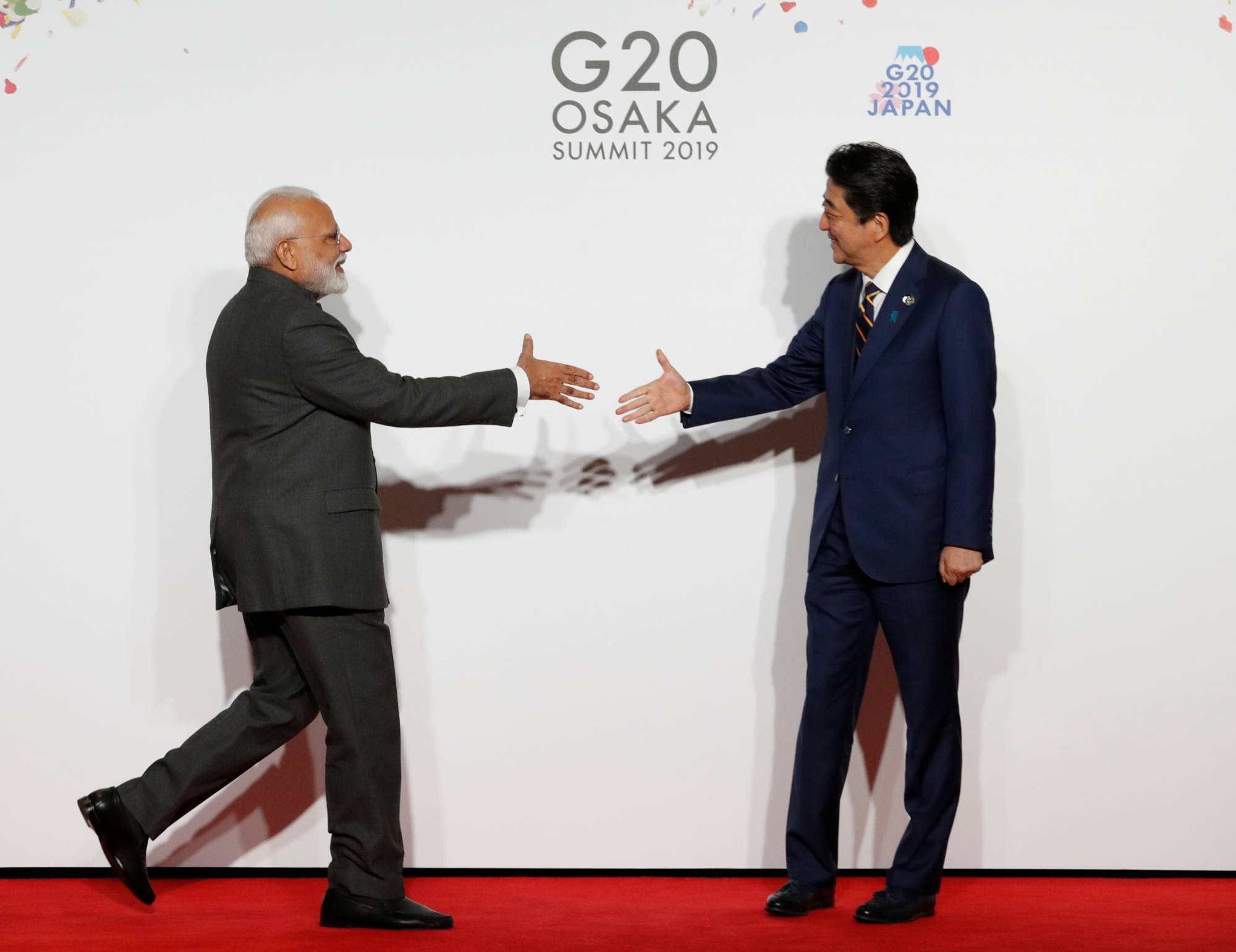A month before he ended his first stint as Japan’s prime minister in 2007, Shinzo Abe addressed the Indian Parliament in New Delhi. Quoting the Mughal scholar-prince Dara Shikoh, Abe spoke of the "confluence of the two seas” — the Indian and Pacific Oceans — that were undergoing a "dynamic coupling as seas of freedom and of prosperity.” India and Japan, said Abe, shared an interest in and responsibility for securing these seas "by joining forces with like-minded countries.”
In the years since, it has become commonplace to speak of the "Indo-Pacific.” Abe’s vision, as expressed then, is now integral to how diplomats and politicians across Asia, Oceania and beyond have begun to think. No leader in recent memory has so completely and profoundly transformed strategic thinking in Asia.
This point should not be lost now that Abe is stepping down from a second spell as prime minister, the longest in Japan’s history. However sweeping the changes he instituted at home, his successors are likely to continue most of his domestic policies. Where Abe’s absence will be felt most keenly is in the region he transformed just as dramatically.

















With your current subscription plan you can comment on stories. However, before writing your first comment, please create a display name in the Profile section of your subscriber account page.